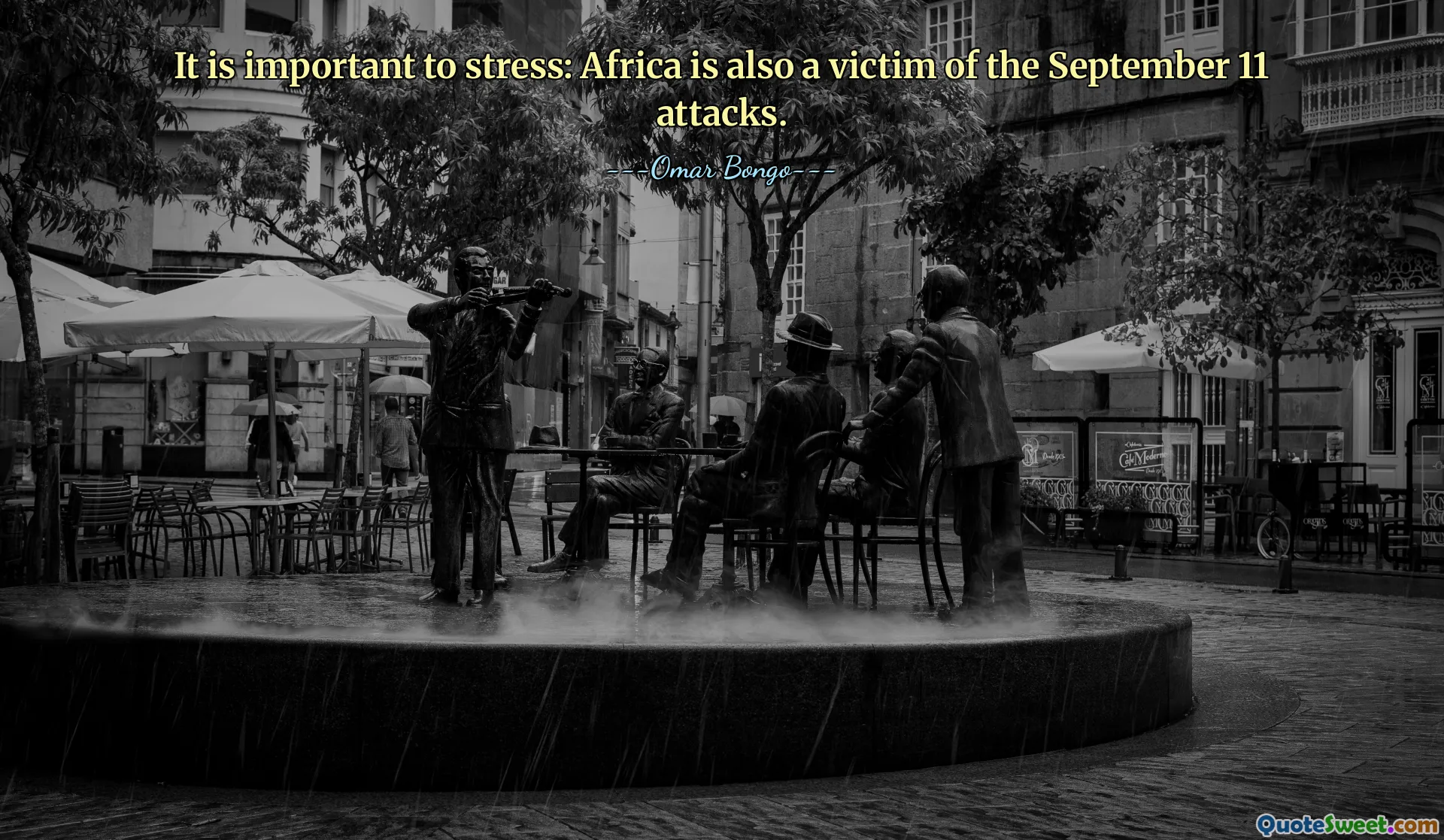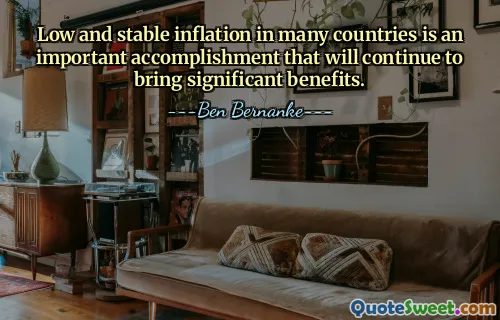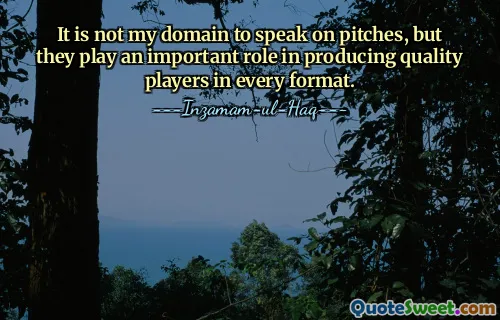
It is important to stress: Africa is also a victim of the September 11 attacks.
The quote emphasizes an often overlooked aspect of the global repercussions following the September 11 attacks: Africa's incidental victimization. While the attacks in New York and Washington D.C. primarily targeted the United States, the ripple effects extended worldwide, impacting many nations differently based on their geopolitical and economic ties. Afrika, like many other regions, experienced a sense of vulnerability and foreign policy shifts as a consequence of the events. This highlights the interconnectedness of our modern world, demonstrating that no country is isolated from international crises. The statement also invites us to reflect on how global tragedy magnifies existing inequalities and fractures, subtly influencing Africa's security, economic stability, and socio-political dynamics. The continent, often already grappling with its own complex challenges such as poverty, conflict, and underdevelopment, may find itself further marginalized or affected by international policies and reactions triggered by the September 11 attacks. The quote serves as a reminder that global tragedies do not affect all regions equally and that solidarity must consider all victims, including those who may not be directly involved but suffer collateral consequences. Recognizing Africa as a victim can foster a more inclusive approach to international security and humanitarian efforts, emphasizing the importance of collective responsibility and awareness of the broader impacts of global events. It encourages an expanded perspective that considers Africa’s experiences in the global dialogue about security, terrorism, and resilience.











